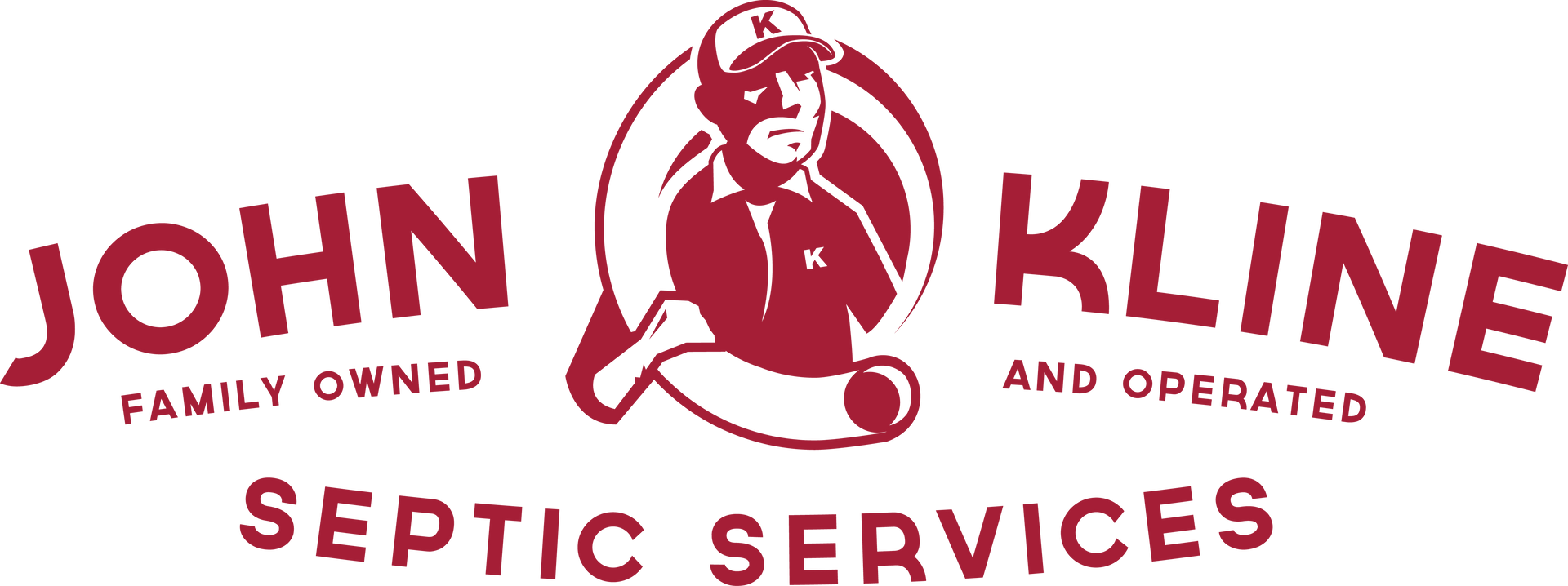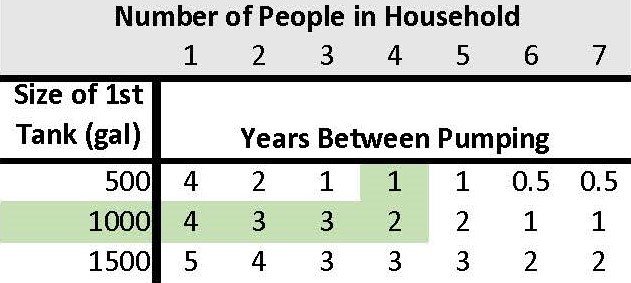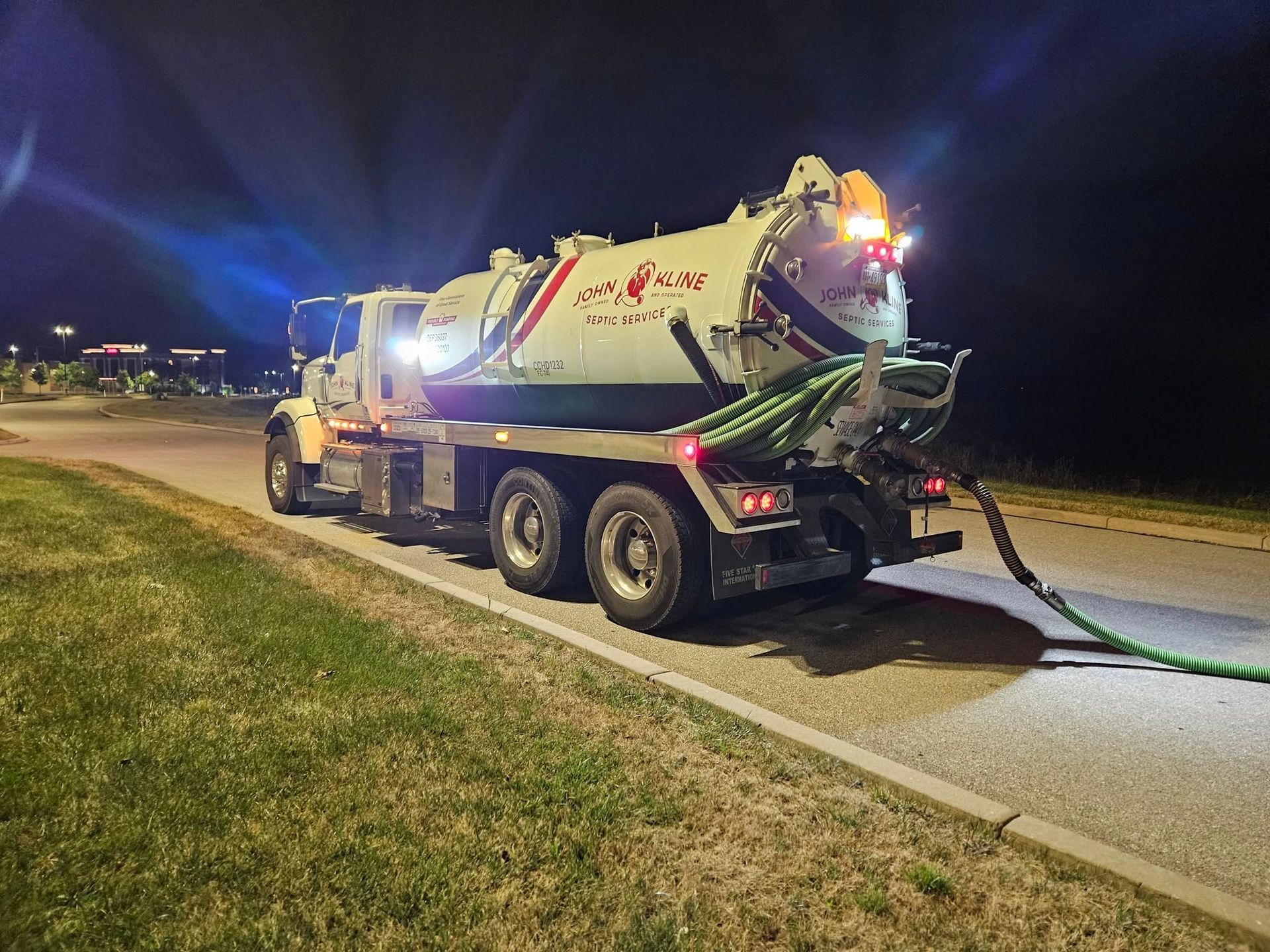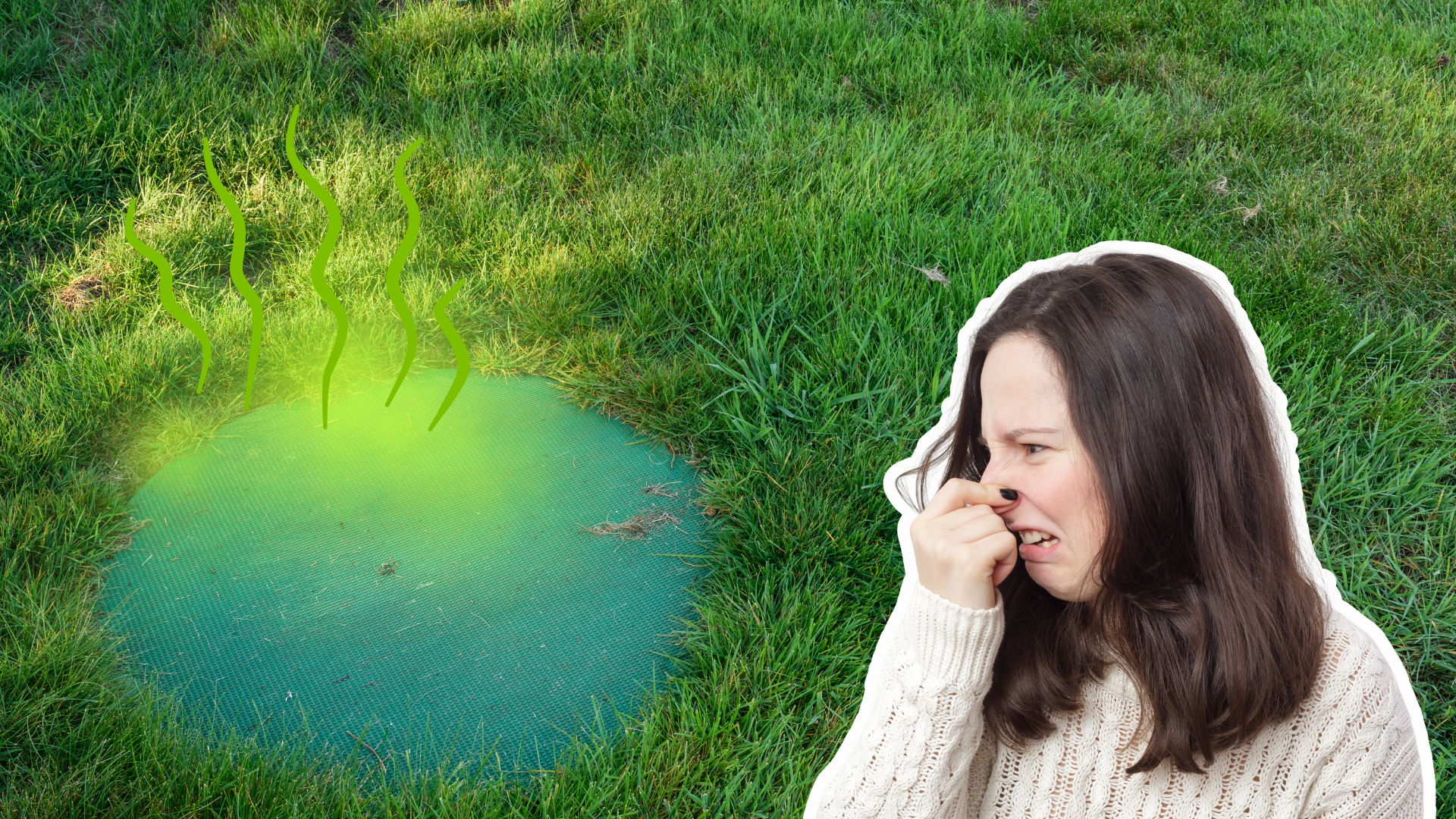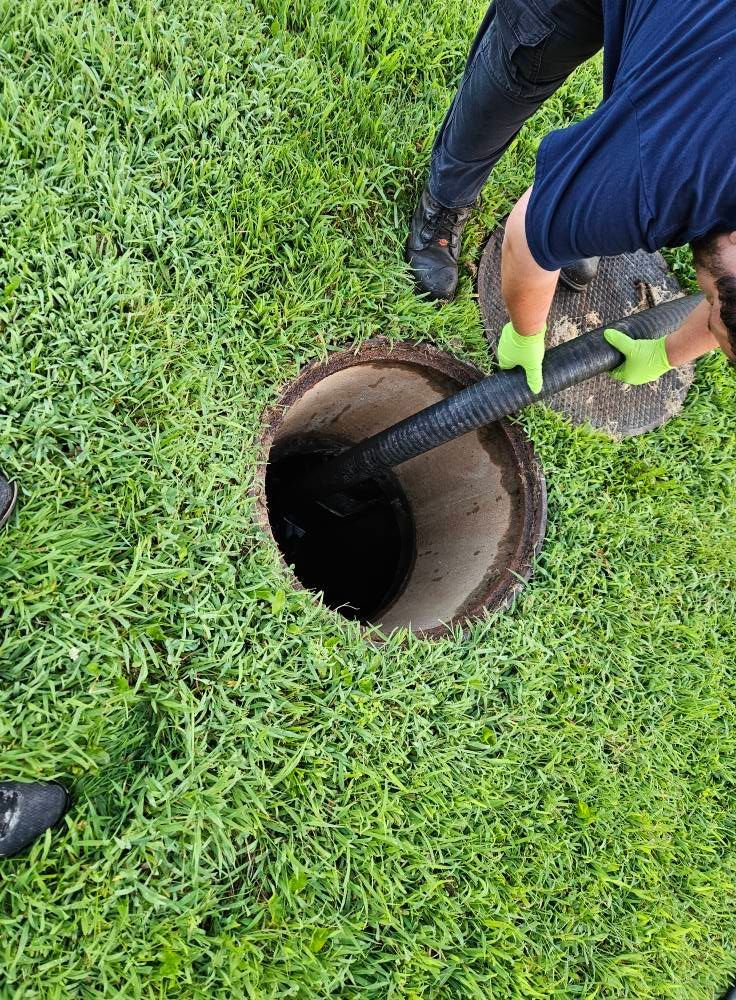Helpful Hints for Homeowners
Simple Ways to Keep Your Septic System Functioning Properly
Knowing
how to keep your septic system healthy will ensure that it is functioning
properly and will prolong its useful life. With that thought in mind, we’ve
created a list of helpful hints based on over 50 years of practical experience.
It is our hope that you’ll follow these suggestions because they will save you
time, money and protect the environment. NEVER enter a septic tank.
The gasses within the tank are toxic and can be
fatal. Pump your tank regularly.
Clogged drainfields are the leading cause of septic
system malfunctions and failures. Regardless of what the advertisers claim,
there are NO chemical or biological additives that can substitute for a regular
septic tank pumping. Monitor water consumption.
Your system was designed to handle certain levels of
water based on the number of occupants living at your residence when the system
was installed. Make adjustments if the water usage increases drastically. Conserve water.
Reducing the water flow into the system produces less
agitation within the tank, keeping the solid waste at the bottom of the tank.
Keeping the solids in the tank prolongs drainfield life. Read product labels carefully.
Make sure they are safe for your septic system. Many
will actually be labeled, “Septic System Friendly" but there is no such
thing as a “Flushable” wipe! Use the strainer in your kitchen sink.
This will help prevent large food particles from
going down the drain and causing a backup. If you have a
garbage disposal, use it sparingly! Garbage disposals can increase the amount
of solids in your septic tank by up to 50%. Know the exact location of your septic
tank and drainfield.
This can save
tiem when the system needs to be pumped or repaired.
- Keep your
drainfield free of trees, shrubs, roots, storm water runoff and standing water.
These will damage or interfere with the operation of the drainfield.
- Never drive heavy
equipment or vehicles over your drainfield. This can damage the area and cause
a system failure.
- Always insist
that the tank be pumped through its large central manhole, not the smaller
diameter baffle inspection ports. Pumping through the inspection ports will
prevent thorough tank cleaning and may damage critical tank components. If
deeply buried, a riser extension can be installed on the manhole to make it
more accessible for pumping.
- Keep a copy of your new system sewage permit and application in a safe place for possible future reference.
Harmful Products and Practices NEVER place these harmful products or foreign objects into your septic system!
- Gasoline, oil or
other petroleum products
- Cooking grease
and oils
- Paint, paint
thinner or solvents
- Products with
high levels of phosphorous (often found in laundry detergents, cleaning
supplies etc.)
- Large quantities
of bleach, concentrated cleaners or anti-bacterial products
- Feminine
products, makeup removing wipes or baby wipes
Knowing When to Pump Your Septic Tank This chart is a pumping schedule guideline based on average water usage. Most residential septic tanks have enough room to hold sludge for up to 2 years. An increase in water usage by appliances, toilets, showers, laundry etc. can increase the frequency you’ll need to have your septic tank pumped. If you run a business from your home like a daycare, beauty shop or dog grooming parlor, you should have your tank pumped more frequently.
